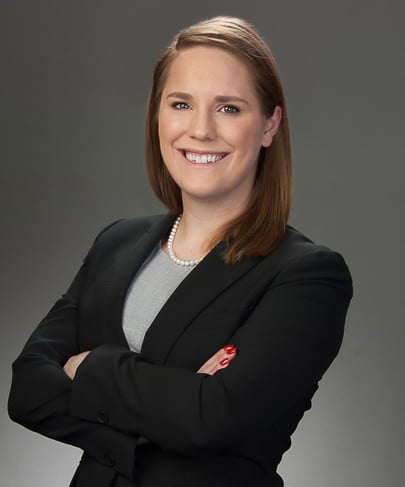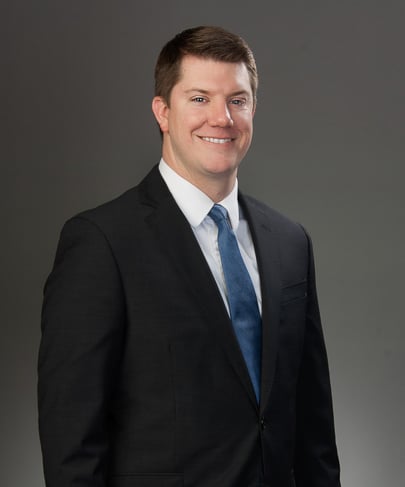U.S. Supreme Court Decides Perez v. Sturgis Public Schools
DOWNLOAD PDF- Teaford, Stephanie L. .
- Industry Alerts
Click “Subscribe Now” to get attorney insights on the latest developments in a range of services and industries.
The United States Supreme Court issued a decision in Perez v. Sturgis Public Schools, No. 21-887, opening the door for future claims against schools for compensatory monetary damages. In its unanimous opinion, the Supreme Court ruled that the “exhaustion” requirement laid out in the Individuals with Disabilities Education Act (“IDEA”), 20 U.S.C. § 1415(l), does not preclude a person from also seeking relief under the Americans with Disabilities Act (“ADA”) where the relief sought (i.e., compensatory damages) is beyond the scope of what the IDEA can provide.
Former student Miguel Luna Perez, who is deaf, filed a complaint with the Michigan Department of Education (“MDE”), alleging that the Sturgis Public School District failed to provide him a free and appropriate public education as required by the IDEA. Before MDE could conclude on the IDEA allegations, Perez and the district reached a forward-looking settlement in which the district agreed to pay for Perez to attend the Michigan School for the Deaf.
Following this settlement, Perez sued the school district, alleging that it had violated the ADA and seeking compensatory damages. The District Court dismissed the suit, holding that Perez was barred from bringing an ADA claim because the exhaustion requirement of the IDEA mandates that a plaintiff “seeking relief that is also available under” the IDEA first exhaust all IDEA administrative procedures. The Sixth Circuit affirmed the lower court’s decision.
On March 21, 2023, the U.S. Supreme Court issued a unanimous decision overturning the lower courts. In its opinion, the Supreme Court held that the IDEA’s exhaustion requirement does not preclude subsequent ADA claims because the relief sought (i.e., compensatory damages) is not a remedy available under the IDEA. Note that while IDEA claims can provide students with funding for educational support (i.e., compensatory education), it cannot offer personal monetary damages to students. The court went on to find that the IDEA’s exhaustion requirement appliesonlyto suits that “see[k] relief . . . also available under” IDEA.
Advocates are already touting this decision as an important win, with many claiming that this will open the “floodgates” to other federal claims for monetary damages that were previously viewed as unavailable. Schools should continue to work closely with legal counsel when settling any matter under the IDEA to ensure that all potential claims are resolved.
Related Practices
Contacts
Recent Insights
- Articles Decisions That Have Been Reversed or Vacated “On Other Grounds”: Do They Still Have Precedential Value?
- Industry Alerts Effect of a Change in the Law on Appeal
- Articles Effect of a Stipulated Dismissal “Without Prejudice” on Appellate Jurisdiction
- February 04, 2025 Industry Alerts Protecting Students and Schools: Guidance on Federal Agent Presence
- December 17, 2024 In the News Three Dickinson Wright Attorneys Named to 2025 Ohio Super Lawyers, Four Named Rising Stars
- January 2, 2024 In the News Two Dickinson Wright Attorneys Named to 2024 Ohio Super Lawyers, Three Named Rising Stars
- July 05, 2023 Industry Alerts Ohio Legislature Passes Biennial Budget; Governor DeWine Approves Historic Investments in Public Education and School Choice
- December 29, 2022 In the News Two Dickinson Wright Attorneys Named to 2023 Ohio Super Lawyers, Two Named Rising Stars
- January 4, 2022 In the News Three Dickinson Wright Attorneys Named to 2022 Ohio Super Lawyers, Three Named Rising Stars




